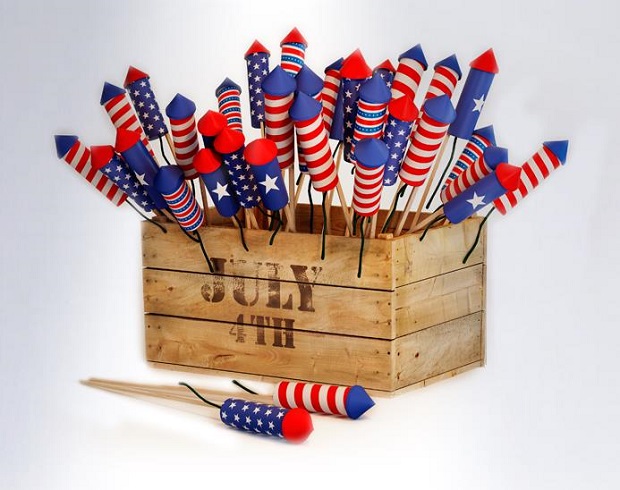6 TIPS FOR FIREWORKS SAFETY
Oct 9, 2015
One of the most beloved things about holidays such as the 4th of July and New Year’s is the fun of fireworks. They’re loud, they’re pretty, and they capture your attention.
But fireworks are dangerous. On average, 240 people go to the emergency room every day with fireworks-related injuries during the time period around these holidays. In 2013, U.S. hospital emergency rooms treated an estimated 7,400 people for fireworks related injuries just in the 30 days surrounding Independence Day. Fireworks-related injuries include burns and eye injuries, with 62% being burns and 16% eye injuries.
Dr. Heinz Dueffer, Emergency Department Medical Director at Shelby Medical Center, says that the most common fireworks injuries Brookwood Baptist Health sees are burns and hand injuries. He stressed that the best way to stay out of the ER is prevention of injuries.
Here are some tips to make sure you stay safe with fireworks.
- Don’t let children use fireworks and always have adult supervision.
Children should not be allowed to light or hold any fireworks or sparklers. Sparklers can burn at over 2000⁰ F, which is hot enough to melt gold! This is an easy way to get burned, so minimize the risk.
- Always have a bucket of water and a hose ready.
Fireworks are hot and involve fire, so it’s possible they can burn you or catch other things on fire. In case that happens, have water easily accessible. It is also good to douse used or dud fireworks once they have cooled so they don’t re-ignite.
- Light fireworks one at a time.
While it may seem fun, you greatly increase the chance of someone getting hurt when you light multiple fireworks at once. Leave the firework shows to the professionals and only light one at a time.
- Never point fireworks at anyone.
This may be common sense, but don’t point fireworks at anyone, even as a joke. Something may go wring and cause injury.
- Wear safety goggles.
Eye injuries are common with fireworks and safety goggles will help protect your eyes from any flying objects.
- Be aware of your surroundings.
Don’t use fireworks in an area with trees or dry grass. This greatly increases the chance of a fire. Also, make sure that anyone not lighting fireworks is a safe distance away out of the firework’s projected path to reduce the chance of being hit.
If you or someone you’re with happens to become injured due to a firework, immediately go to the doctor or hospital. Dr. Dueffer suggests that, if burned, make the burned area cold by either placing ice or cool water on it for a short period of time. For other injuries, don’t wait and immediately call 9-1-1.
Stay safe and have fun!
